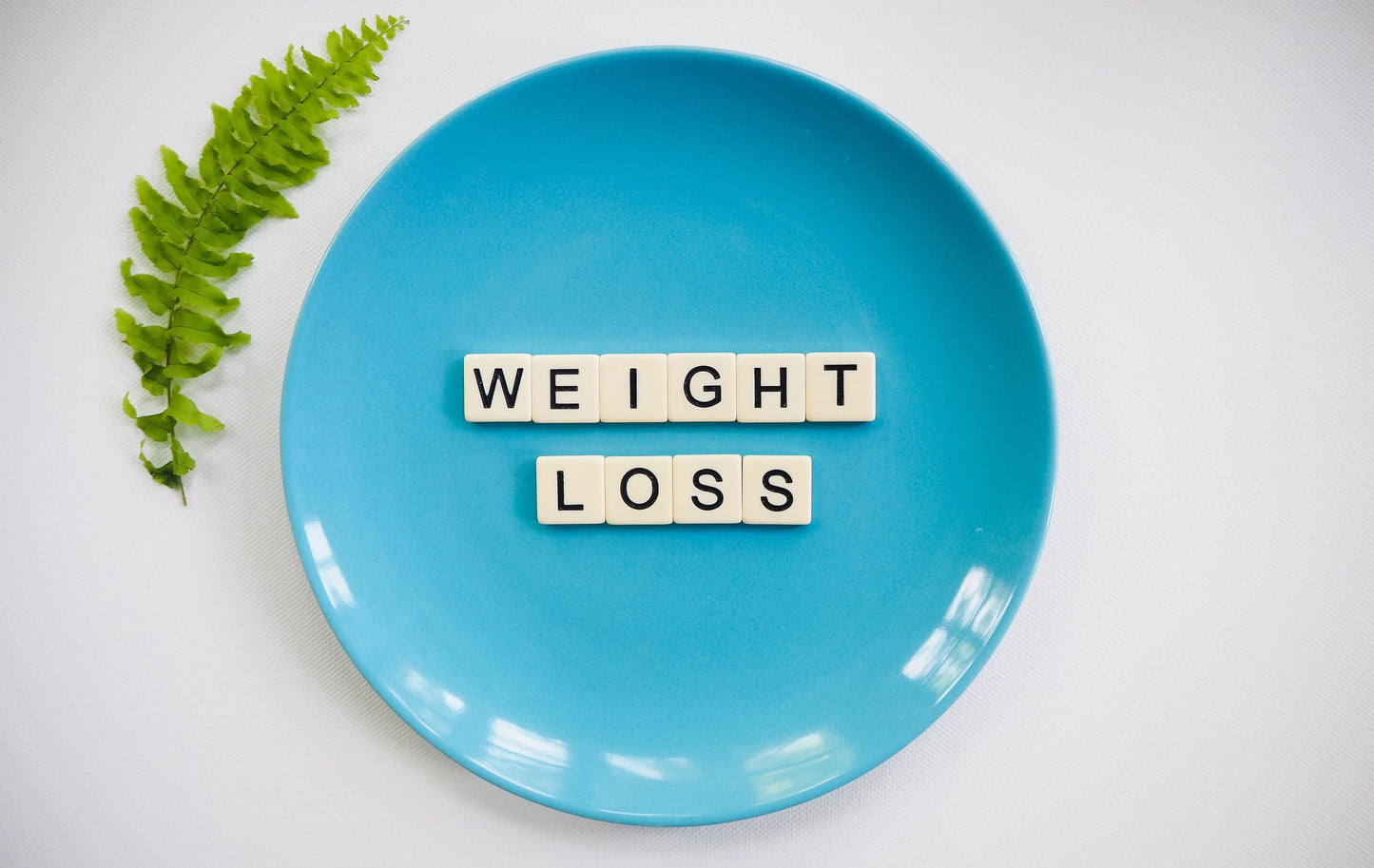
Losing that little bit of extra weight can sometimes be a real challenge. If you feel stuck regardless of your efforts, it may be time you reconsidered your weight loss strategy. Could you be sabotaging yourself by following rules that no longer work, or, even worse, believing some of the most widespread misconceptions about dieting and weight management? Here are ten common myths that could be preventing you from reaching your weight loss goals.
1. "Obesity is a matter of genetics."
The notion that major genetic defects are responsible for slowing down your metabolism and leading to weight gain is unfounded. It would have to be an extremely rare genetic disorder, and it would not explain the obesity epidemic. Undoubtedly, genetics play a part in obesity, but probably not the way most people think.
All humans are genetically programmed to accumulate fat in times of plenty and burn through their reserves in leaner times. The only problem is, for a large portion of the western world, there are always times of plenty. We are used to consuming highly-palatable, high-calorie food, and spend most of our day sitting down. The bottom line is, by making your environment less fattening and becoming more physically active, you can overcome any genetic predisposition.
2. "You should never eat carbs."
Despite their bad reputation, not all carbohydrates are bad for you. People have been eating them for a long time while the obesity epidemic is quite recent in our history. The main issue is that the typical western diet contains an astounding amount of refined carbs, such as white bread and pasta, processed snacks, and sweets. You should cut down on those, but, if you want to be healthy, you shouldn't eliminate the good kind of carbs. Vegetables, nuts and seeds, fruits, whole grains, and legumes are all great food options, and they should definitely be part of a balanced diet.
3. "You should never eat any fat."
It may seem logical to assume that eating fat will make you fat and that avoiding it guarantees weight loss. However, there is evidence to suggest that a diet high in healthy fats can help you lose weight faster and more effectively. Fat has a bad reputation since you can frequently find it in high-calorie, low-nutrient food (junk food). On the other hand, you can find the best forms of fat in foods like avocados, olive oil, nuts, and seeds. This sort of fat is beneficial as it fights off inflammation, cuts your appetite, and may even help you burn more calories.
4. "Low-fat products are always better. "
Unfortunately, some low-fat and fat-free products have just as many calories as their regular versions, and several may have even more. These products contain sugar and additives such as flour, starch, or salt to improve flavor and texture. By contrast, full-fat foods are much more satisfying, and fat can help with the absorption of essential nutrients. Of course, you have to be mindful of your portions. Whatever you choose, always read product labels carefully. Go beyond the fat content and look for nutrition facts, calories, and food serving sizes.
5. "All calories are created equal."
All calories have the same energy content, but their effect on your weight can be quite different. High-quality calorie sources contain essential vitamins, minerals, as well as fiber, and will keep your blood sugar levels stable. Low-quality or "empty" calories not only offer you nothing in terms of vitamins and minerals, but they can also affect your metabolism, hormones, and weight. All in all, calorie restriction is not enough, since what you eat matters. Choose a nutrient-dense diet where most of your calories come from whole foods. This way, you will achieve your weight loss goals without compromising your health.
6. "Late night dinners lead to weight gain."
There is a long debate about whether dinner has a place in a weight-conscious diet. Advice such as "don't eat anything after 7 p.m." may not be helpful to everyone. For instance, if you regularly go to bed around midnight, eating nothing for 5 hours is somewhat excessive. Remember that meal planning is one of the most important aspects of dieting. Aim for high-quality, nutritious food at regular intervals and don't eat anything two hours before bed.
7. "Skipping meals can be helpful."
Skipping meals is one of the ways people sabotage their dieting efforts. If you miss a meal, you will feel much hungrier later on. As a result, the next time you sit down to eat, you are likely to eat too quickly and even overeat. What's more, when you are starving, you are prone to making bad food choices and give in to temptation. Eating breakfast, lunch, and dinner is the way to go if you want to shed those extra pounds. Choose your foods, as well as your snacks carefully, and opt for a variety of healthy foods.
8. "If you want to stay slim, you have to starve yourself."
The effectiveness of starving yourself is one of the most dangerous dieting myths out there. Not eating enough could even lead to more weight gain. If you feel hungry all the time, you are probably not making the right food choices. Meals low in protein and high in refined carbs won't sustain you for long- not to mention cause your blood sugar to spike and then crash. Instead, try to consume filling foods high in fiber and quality protein such as whole grains, fruit, vegetables, beans, and lean meat.
9."Popular diets actually work."
There is a new fad diet every now, and then that promises to change your life. However, these are very hard to follow for a long time. Studies have shown that dieting never works in the long term, and sometimes it could even lead to future weight gain. More importantly, many such diets are very lacking nutrient-wise, and sticking to them for a while can lead to nutrient deprivation and deficiencies. On the other hand, permanent lifestyle changes will make you healthier and fitter. Increasing your activity levels, adopting healthy eating habits, and improving sleep, are crucial steps towards better life quality. Weight loss is just another pleasant side-effect of living well.
When it comes to weight loss and dieting, myths and misconceptions abound. Sometimes it's difficult to tell what works and what doesn't. One thing is clear though; simply not eating is not enough. Your food choices and overall habits matter the most.






